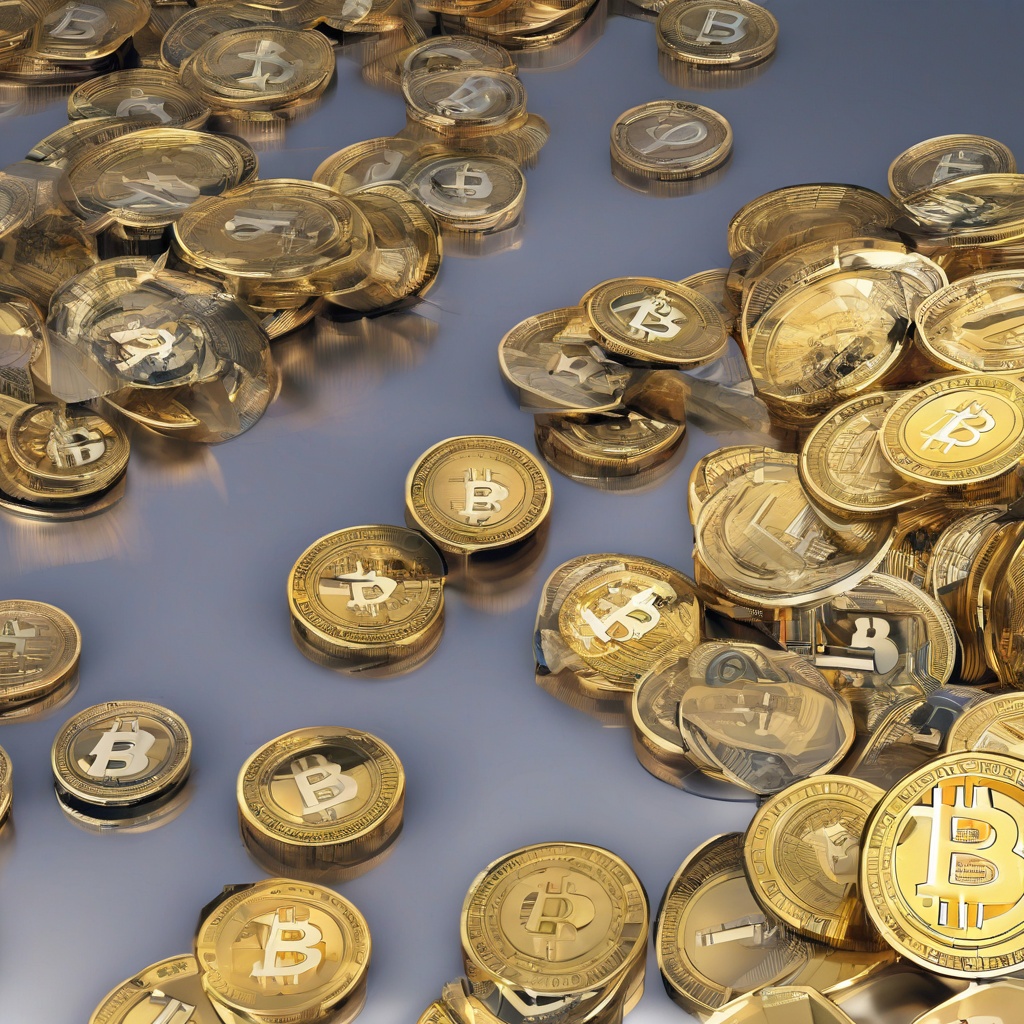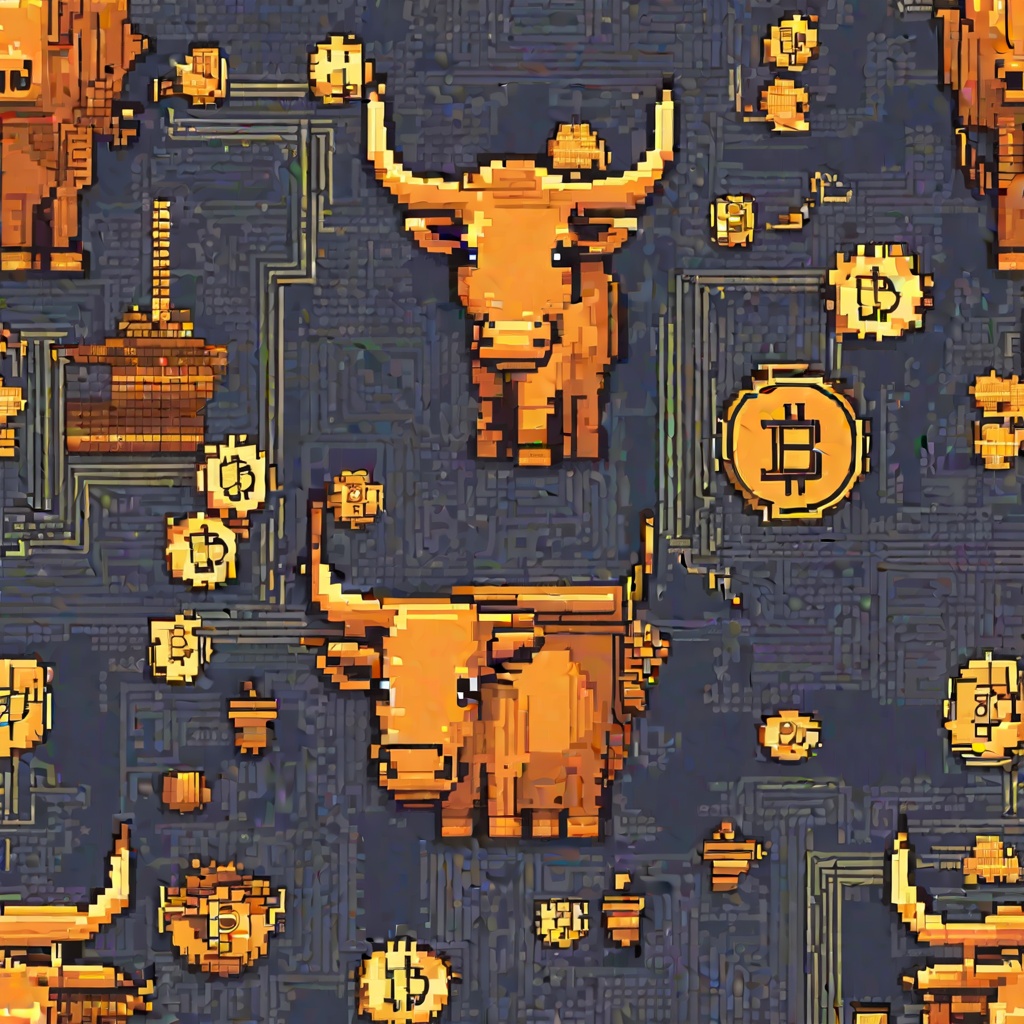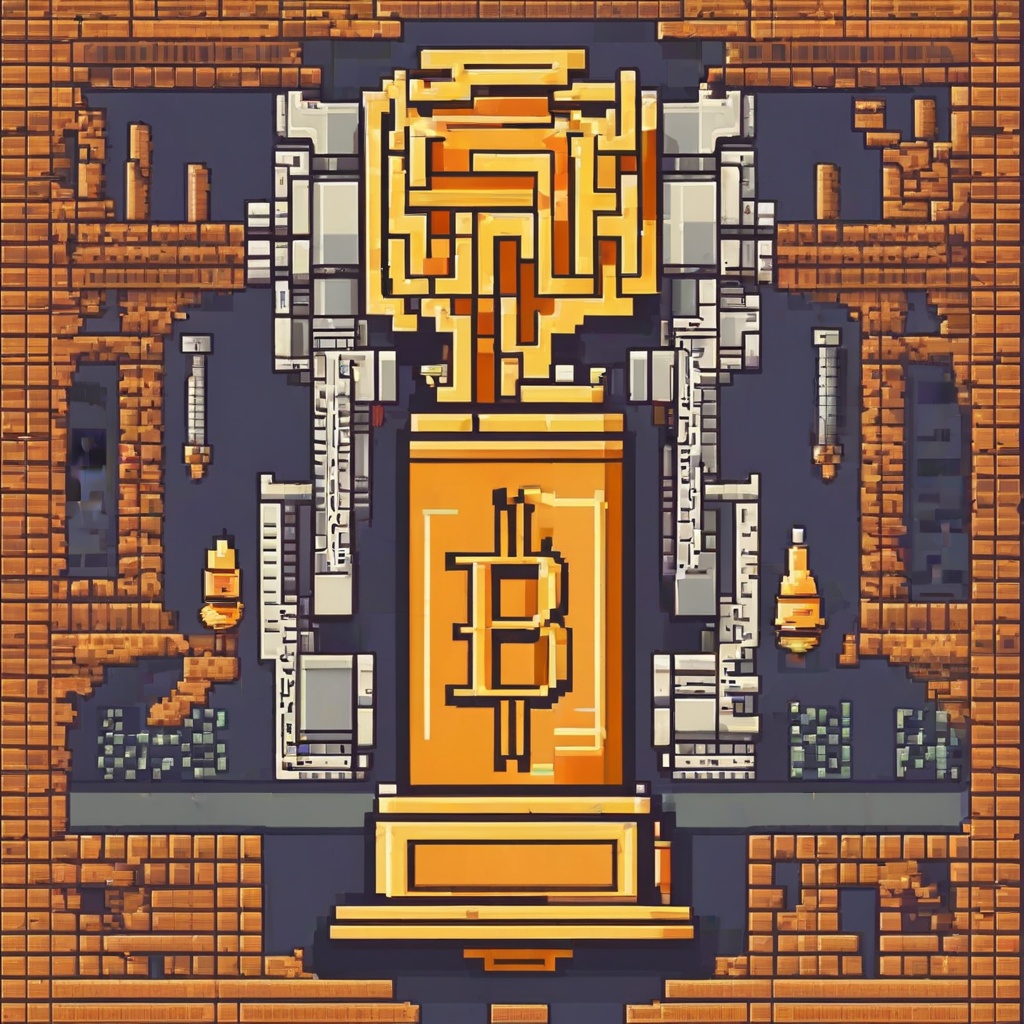Who really owns Bitcoin?
Who really owns Bitcoin?" This question has been lingering in the minds of many cryptocurrency enthusiasts and skeptics alike. After all, Bitcoin is a decentralized digital currency, not backed by any central bank or government. So, who holds the reins of this volatile yet increasingly popular asset? Well, the answer isn't as straightforward as it might seem. Technically, no single entity "owns" Bitcoin. Instead, it's owned by the individuals and entities who hold the private keys associated with Bitcoin addresses. These addresses are like digital lockboxes that store Bitcoin, and only the holder of the corresponding private key can access and transfer the funds. But this doesn't mean that Bitcoin ownership is entirely anonymous or untraceable. While transactions on the Bitcoin blockchain are pseudonymous, meaning they're associated with addresses rather than real-world identities, there are still ways to trace and identify owners if necessary. For instance, exchanges and other service providers often require users to provide personal information, which can be linked to their Bitcoin holdings. So, who really owns Bitcoin? In a sense, it's owned by the entire community of Bitcoin users, who collectively maintain and secure the network through a process called mining. And while individuals and entities may hold significant amounts of Bitcoin, no single player has enough power to control or manipulate the network as a whole. In this way, Bitcoin ownership is truly decentralized, reflecting the core principles of the cryptocurrency itself.

How is Bitcoin better than money?
I've been hearing a lot about Bitcoin lately, and I'm curious about how it compares to traditional money. Could you explain to me how Bitcoin is superior to the currency we've been using for centuries? Is it really more secure? How does it offer better transaction speeds or lower costs? Also, I've heard that Bitcoin is decentralized, but what does that mean in practical terms? And how does it make Bitcoin a better option than traditional financial systems? I'm interested in understanding these aspects of Bitcoin to decide if it's worth investing in or using in my daily transactions.

Is it halal to invest in Bitcoin?
I'm curious about investing in Bitcoin, but I'm also mindful of my religious beliefs. Could you please clarify if investing in Bitcoin is considered halal, given its decentralized nature and the speculation surrounding it? I've heard conflicting opinions, and I'm seeking a professional opinion from someone who has a deep understanding of both cryptocurrency and Islamic finance principles. Could you please provide some insight into this matter? Thank you for your time and assistance.

What was the first coin before Bitcoin?
I'm curious, could you please elaborate on the first coin that preceded Bitcoin? I'm interested in understanding the historical context surrounding it, such as its emergence, any notable features it possessed, and how it influenced the cryptocurrency landscape prior to Bitcoin's arrival. I'm also keen to know if it had any significant impact on the subsequent development of digital currencies, and whether it holds any relevance in today's cryptoworld. Could you shed some light on this matter? I'm eager to learn more about this fascinating aspect of cryptocurrency history.

Can Bitcoin hit 1 million?
Could Bitcoin ever reach a million dollars? It's a question that's been buzzing around the cryptocurrency community for quite some time. With its volatile nature and seemingly endless potential, Bitcoin has already come a long way from its humble beginnings. But can it really scale such heights? Experts are divided, with some predicting a continued upward trend while others warn of potential crashes. So, what's the truth? Is a million-dollar Bitcoin just a pipe dream, or could it actually become a reality? It's a fascinating debate that's sure to continue as we watch the cryptocurrency market evolve.

